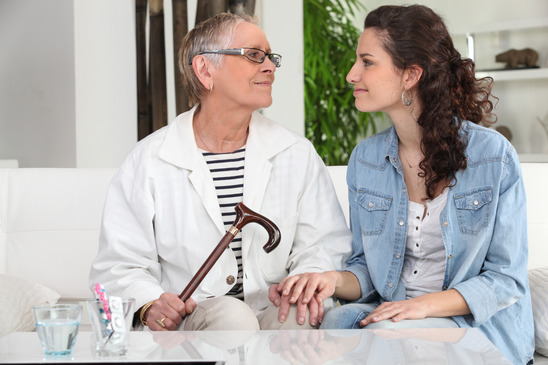
Fire Safety & Seniors
Age related changes affect the senses as well as mobility. Cognitive changes can be more hazardous than physical and some individuals may not realize when they are in danger or engage in risky behaviour.
Seniors need assistance from family to put the correct safety measures into place, and can reinforce he precautions to help their loved ones prevent as well as know how to respond to a fire. Here are some areas to focus on to help protect family members against a house fire.
Smoke Alarms
- Install on each level of the home & outside all sleeping areas
- Test each alarm monthly
- Replace batteries twice a year
- There are flashing and vibrating smoke alarms for those hard of hearing
Escape Plans
- Update escape plans and practice them
- Make sure there are two exits from each room
- Keep hallways and stairs uncluttered
- Tell them to call 911 from a neighbours place and not to go back in their home
- Have a telephone, slippers, house keys, eyeglasses and a flashlight beside their bed.
Smoking
- If they smoke, make it eminent they know not to smoke in bed
- Tell them to soak the ashes when done smoking before discarding them
Cooking
- Cooking fires are a major cause of fire injuries among the elderly. Stress that cooking is never left unattended
- Tell them to turn off the stove if they are stepping away
- Mount a fire extinguisher in the kitchen & check the gauge pressure on a monthly basis
- Remind them to not wear loose clothing when cooking
Heating
- Before winter have the furnace and chimney inspected
- Keep flammable materials away from space heaters
- keep combustible materials away from the furnace

